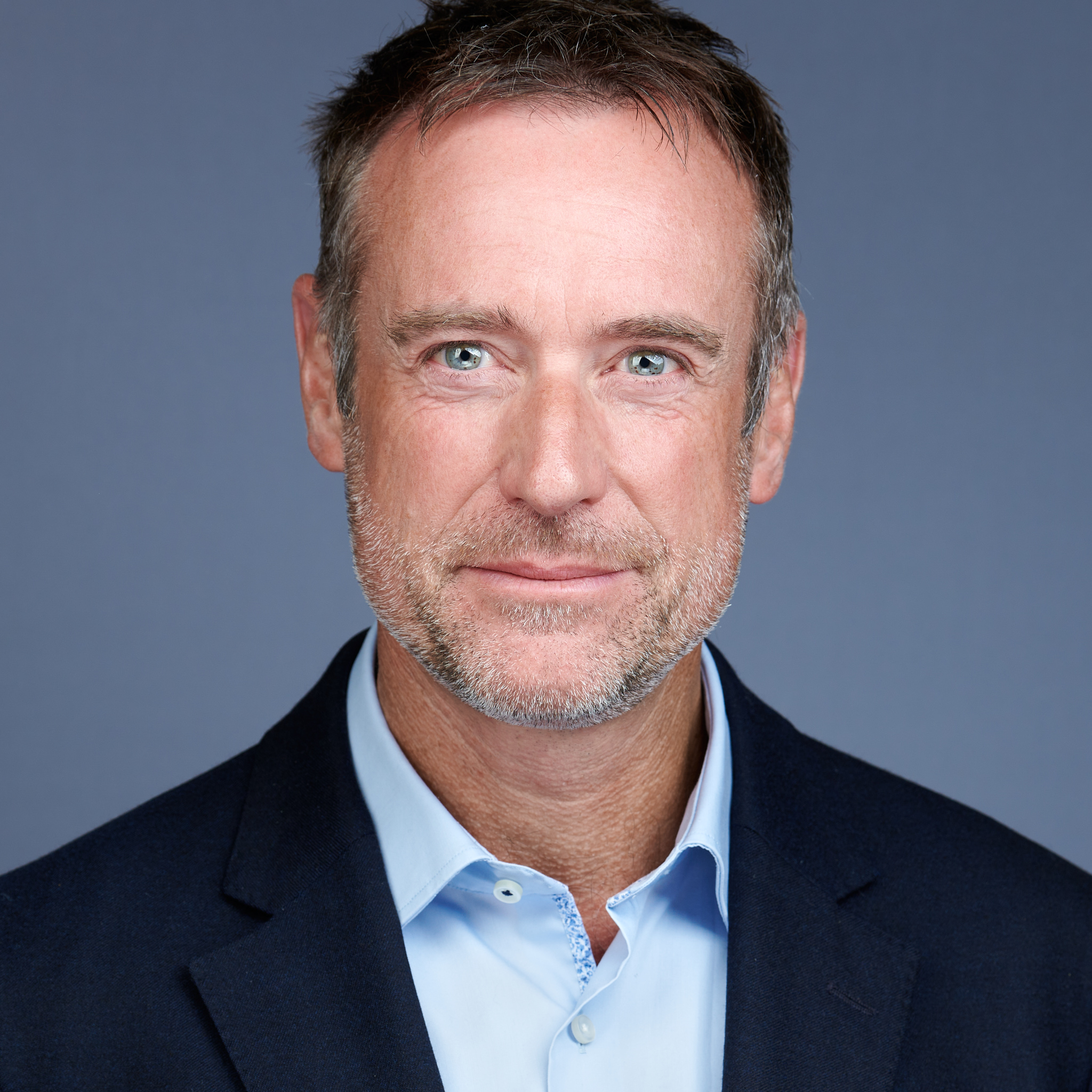CBO & MD, 20Med Therapeutics (March 2024)

Hugo Fry is Chief Business Officer and Managing Director of 20Med Therapeutics and Chief Commercial Officer at Imbria. 20Med is establishing a polymeric nanoparticles (PNP) platform that stands as a leading alternative to LNPs in the delivery of mRNA vaccines, especially for seasonal influenza. Imbria is a clinical stage biotechnology company developing new treatments for cardiometabolic disorders. Hugo was previously CEO of RQ Biotechnology, a discovery company dedicated to developing treatments and preventative therapies based on potent broad-spectrum mAbs.
Hugo has almost 30 years of senior management and executive experience in the pharmaceutical and biotechnology industry across multiple business models and therapeutic areas, in UK, USA, France, Russia and Germany. Hugo has led Strategic and Operational Commercial teams, as well as heading R&D and Industrial Affairs teams.
Hugo was Managing Director of Sanofi UK, Chief Marketing Officer for Sanofi Pasteur MSD (SPMSD), leading the commercial effort for the European vaccine joint venture, and a member of the Sanofi Diabetes Global Leadership Team. Hugo has held global strategic positions and commercial operational roles, leading vertically integrated teams from Drug Discovery through Clinical Development, Regulatory Affairs, Market Access, Industrial Affairs, Medical Affairs and Commercialisation to discover, develop, approve, and launch new medicines.
Hugo has also been Vice-President of the Association of the British Pharmaceutical Industry (ABPI) and started his career at Servier. He holds a B.Sc. in Chemistry from the University of Salford and studied Finance at London Business School and Leadership at Duke University.
Key milestones in your career journey to date?
- Diversity of geography, cultures and very different roles have defined my career.
- My 17 years with Sanofi, where I was known for innovative thinking and accountability, resulted in leadership roles across the full value chain in commercial, strategic, R&D and industrial affairs, in varied cultures; Russia, Germany, the US and France; ultimately as MD of the UK and Ireland business before I moved into biotech.
- Working as a Board member of the ABPI for over 4 years gave me an overarching view of biosciences and the importance of policy.
- My roles in biotech have enabled a portfolio approach with some fascinating science; CEO of RQ Bio, CCO of Imbria Pharma and CBO/MD of 20Med Therapeutics, at the forefront of delivering mRNA-based vaccines.
- When I first moved to Biotech, I was lucky enough to work closely with SV Health Investors, an investor in Imbria, learning how venture money is invested in early-stage assets and understanding the milestones in R&D that created value.
- At the same time, I was advising investors and companies in the US, which allowed me to witness the often different approaches that US and European investor take.
Who has had the greatest influence over your career?
- Pierre Chancel, a pioneer of modern-day diabetes treatments; who brought innovation in the field of insulins to patients while at Sanofi; he championed and mentored me and has become a life-long friend.
- Elias Zerhouni, 15th Director of the NIH before joining the industry; from whom I learnt how to make a difference in complex organisations and situations, how to execute a clinical trial plan, manage teams across the R&D space and make good R&D investment decisions.
- Kate Bingham at SV Health who taught me the art of venture capital investment in Biotech.
What top three attributes make an outstanding and relevant leader in today’s world?
- Navigating through the fragmented life science world; and recognising that 60% of jobs today didn’t exist 30 years ago.
- Be the best listener; take on board different perspectives from diverse teams to reach a rational outcome.
- How important a flexible culture is in balancing priorities across life so people can bring their best selves to work.
- The power of communication to take all strategic partners with you on the journey.
- How a little more time spent early on in a project; planning, bringing people on board and working through difficult issues can lead to speed and gain huge amounts of time overall.
Describe your approach to identifying and developing high performing teams
- Group diversity is essential. I am a very strong believer that diversity is key to good decision making and avoids group think.
- By diversity, I mean in every possible way, be it experience, skills and competence, gender, culture, behaviours and many more.
- Shared vision, mission and objectives is also something that I have found critical to developing high performing teams. If everyone is working towards a shared vision then high performers will be able to function both collaboratively and individually while always contributing positively to the overall goal.
How does your company meet the challenges of leading a multi-generational workforce?
- Multi-generational members of a team is another example of how diversity leads to benefits and high-performance.
- For example, in RQ Bio we capitalised on the energy and enthusiasm of younger colleagues that had a positive influence on the older, more experienced, but sometimes jaded, members of the team, such as me!
- The shared mission can also foster a collaborative approach across the workforce as different people, from different generations will bring their own valuable perspectives to achieving that mission.
Tell me something about your company that you would like to share with the PIR community
- 20Med’s mission is to establish a polymeric nanoparticles (PNP) platform that stands as a leading alternative to LNPs in the delivery of mRNA vaccines for seasonal influenza.
- Existing LNPs are good at spurring immune responses when injected into the arm, or ferrying medicines to the liver when infused in the bloodstream. But some scientists think there’s room for improvement, and many believe new nanoparticles are needed to get medicines to other parts of the body. There’s a big appetite out there for alternatives.
How has your company created a more diverse culture in recent years; and what do future challenges look like?
- Throughout my career, I have actively championed and mentored females who have achieved success and/or promotion to senior roles in different companies. It is something that I continue to do with passion and conviction. I am delighted every time that a win is achieved and progress is made.
The provision of flexible working and employee wellness support are increasingly important in the retention and attraction of key talent. How are these being managed by your company whilst ensuring that productivity targets are met?
- I have always ensured the culture of organisations I am involved with are flexible and sensitive to people’s individual situations. This allows people the freedom to work on what is genuinely important and ultimately leads to better results.
- We were very early adopters of flexible working at Sanofi, several years before the pandemic. It was about focusing on outputs not inputs and it was a huge success. We had high levels of employee engagement that meant people went the extra mile when required because they knew they had the flexibility to deal with other aspects of life when required.
What will be the biggest technological transformation in your sector over the next 5 years?
- The use of AI and machine learning in discovery is not yet visible; however, it will ultimately result in a greater conversion rate of targets and leads to successful products in clinical development, thus de-risking the business earlier.
- The development of diversity of delivery platforms for mRNA which 20Med is working on will transform the space for both vaccines and therapeutics.
What is your hidden talent or something that might surprise others about you?
- I was a passionate and highly competitive ski racer; which led to the move to France when I was young. I took a sabbatical year to ski but realised I was not quite good enough to make the grade; but still enjoy it immensely as a hobby.
What advice would you give your 23-year old self?
- Be patient!
Words of Wisdom?
- Best Advice I was given:
- Diversity is to be encouraged and leads to better decision making.
- Advice I’d give:
- Broaden your horizons early on – don’t just focus on vertical progression – it leads to greater success and job satisfaction.
- What I wish I’d known:
- Don’t sweat the small stuff! It really doesn’t matter.

